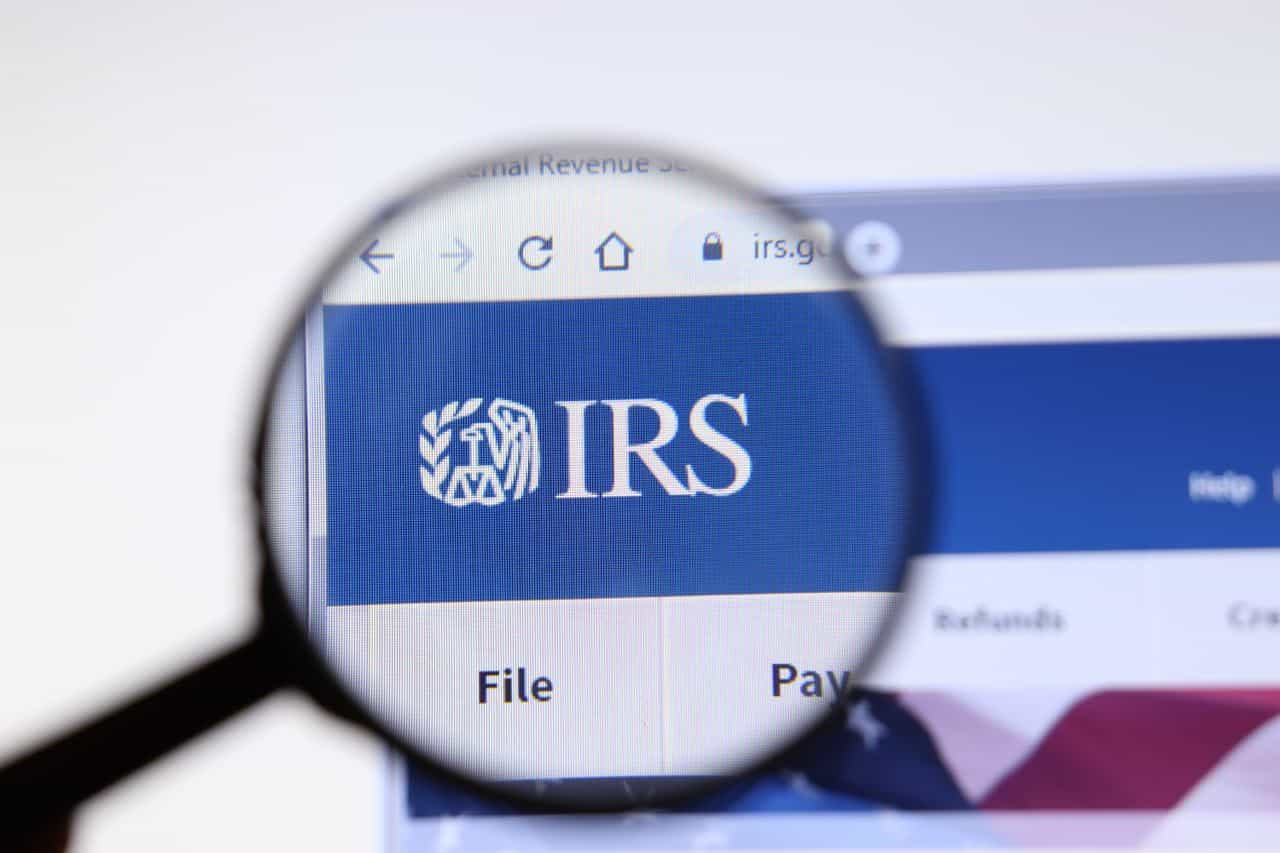Join us on Twitter or Telegram
As cryptocurrencies such as Bitcoin (BTC) and Ethereum (ETH) become more popular and widely adopted around the world as a valid alternative to traditional assets, countries are seeking ways to regulate and tax the new asset class, as well as punish those who avoid paying their dues.
One of the agencies that have embarked on the mission to bring down the crypto non-taxpayers is the United States Internal Revenue Service (IRS). Indeed, the IRS has launched ‘Operation Hidden Treasure’ to crack down on the offenders that don’t report their crypto income, according to the Tax Law Offices of David W. Klasing press release on June 16.
Specifically, Operation Hidden Treasure, which aims to bring to justice taxpayers trying to omit their crypto income on their tax returns, was announced by the IRS Director of the Office of Fraud, Damon Rowe, at the Federal Bar Association on March 5, 2021.
To achieve the initiative’s goals, the IRS has assembled a task force consisting of experts in tracking various kinds of crypto income, in addition to joining the forces between the civil and criminal departments of the IRS for Crypto Tax Fraud Enforcement.
According to the press release, one of the methods of crypto tax evasion that the task force aims to address is structuring – carrying out recurrent financial transactions below $10,000 to circumvent tax reporting requirements.
Other tax evaders may use shell corporations to keep secret their crypto income as they can help hide the identity of a company’s owner, enabling them to engage in various sorts of financial crime activities without uncovering the responsible party.
Finally, Operation Hidden Treasure will also investigate crypto blockchain cloaking technology, as some crypto exchanges allow taxpayers to trade for items or other digital assets without revealing their identities. The investigation is expected to provide more options for tracking down unreported crypto income through anonymous transactions.
It is worth noting that the IRS has recently turned its gaze to crypto, introducing a slight change to the crypto-related question in income tax returns, which now states:
“At any time during 2021, did you receive, sell, exchange, or otherwise dispose of any financial interest in any virtual currency?”
The change was introduced before the tax filing season that closed on April 18, as Finbold reported.
Join us on Twitter or Telegram
Or follow us on Flipboard 
Like the article? Vote up or share on your social media
Weekly Finance Digest
Check your inbox or spam folder to confirm your subscription.
By subscribing you agree with Finbold T&C’s
Ana Nicenko has a plethora of knowledge and experience as a journalist covering the cryptocurrency and blockchain industries, having written for a variety of projects and organizations. Additionally, Ana has a master’s degree in English Language and Literature. At Finbold, she reports news on the digital assets sector.
Copyright © 2019-2022
Finbold.com
Weekly Finance Digest
Check your inbox or spam folder to confirm your subscription.
By subscribing you agree with Finbold T&C’s
DISCLAIMER WARNING: The content on this site should not be considered investment advice. Investing is speculative. When investing your capital is at risk. This site is not intended for use in jurisdictions in which the trading or investments described are prohibited and should only be used by such persons and in such ways as are legally permitted. Your investment may not qualify for investor protection in your country or state of residence, so please conduct your own due diligence. This website is free for you to use but we may receive commission from the companies we feature on this site.
Or copy link


